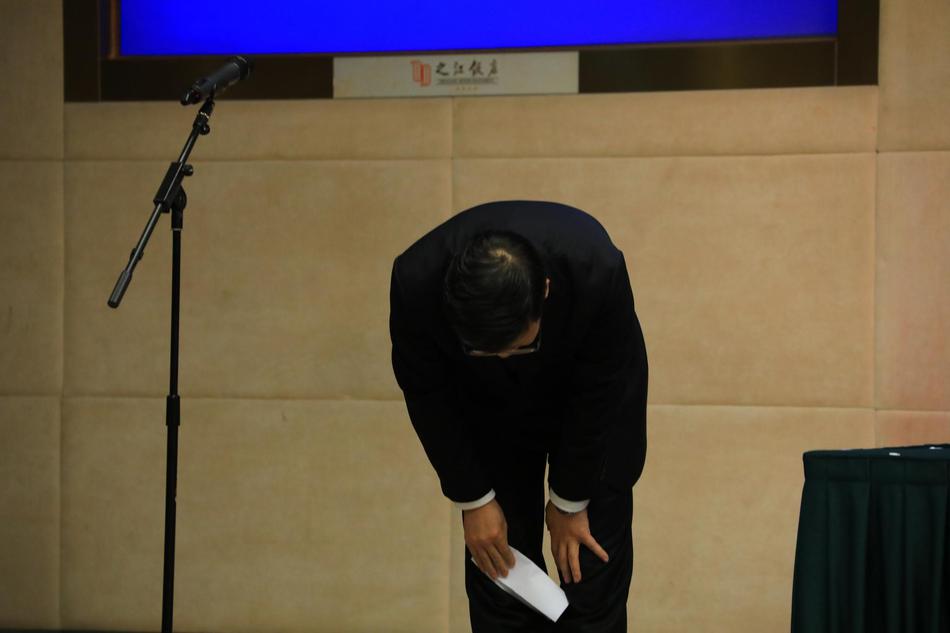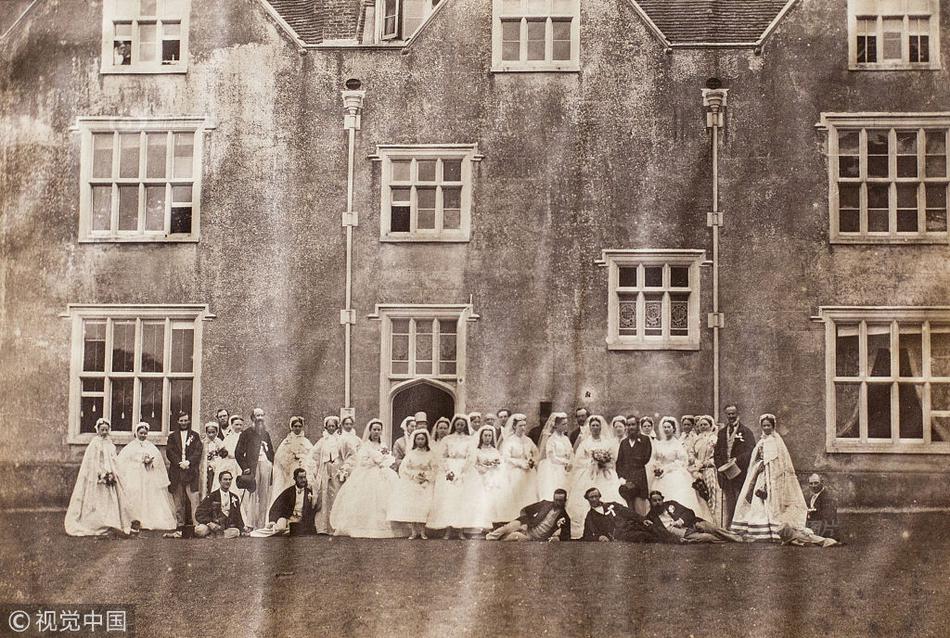Loot boxes seem to be Girlfriend’s Sister [Uncut]grabbing hold as the big new monetization trend in video games and people are pushing back, claiming they're just a thinly veiled gambling system used to exploit players.
The Entertainment Software Rating Board (ESRB), the organization that gives games their age and content ratings in North America, disagrees.
SEE ALSO: People are pissed about 'Star Wars Battlefront II' loot boxesLoot boxes have been a part of games for a long time, and they usually go like this: Players randomly receive a loot box or earn a loot box through playing a multiplayer game, then either open it for free or pay a small amount of money for a key to unlock it. Some games also allow players to buy loot boxes with real money.
Whether you get one item, multiple items, have to pay to open it, or have the option pay for as many loot boxes as you want, there's one constant: What you receive is almost always completely random.
Good loot box systems offer only cosmetic items that don't really effect gameplay, like spray paint designs or weapon skins. These loot box systems have been used for years in games like Counter-Strike, Overwatch, Rocket League, and Team Fortress 2.
Bad loot box systems offer progression items or weapon improvements that do effect gameplay. A couple of games have put this poor practice in the spotlight recently — igniting a debate on whether loot boxes, especially ones that have the potential to effect gameplay and can be purchased with real money — should be considered gambling.
The upcoming game Star Wars Battlefront IIand the recently released Middle-Earth: Shadow of Warboth feature loot box systems that offer players improvements on their weapons and abilities, meaning that loot boxes have a chance to give you something that gives you an advantage in the game.
"We think of it as a similar principle to collectible card games"
Players have the option to buy more loot boxes in these games with real money, and the contents are random, so one could say that players are gambling on what they're going to get out of these loot boxes.
Despite this, in an email statement to Kotakuon Wednesday, an ESRB spokesperson said the organization doesn't consider loot boxes to fall under the gambling umbrella.
"ESRB does not consider loot boxes to be gambling," it told Kotaku. "While there’s an element of chance in these mechanics, the player is alwaysguaranteed to receive in-game content (even if the player unfortunately receives something they don’t want). We think of it as a similar principle to collectible card games: Sometimes you’ll open a pack and get a brand new holographic card you’ve had your eye on for a while. But other times you’ll end up with a pack of cards you already have."
Whether you consider loot boxes as a form of gambling depends on your personal definition of gambling. Merriam-Webster Dictionarykeeps the definition pretty broad: "To bet on an uncertain outcome."
The outcome of opening a loot box is certainly uncertain, but ESRB doesn't consider it to be "real gambling."
ESRB's website notes that it has two categories for gambling: real gambling and simulated gambling.
Games that receive a Real Gambling bullet point have to meet this criteria: "Player can gamble, including betting or wagering real cash or currency."
Games that receive a Simulated Gambling bullet point have to meet this criteria: "Player can gamble without betting or wagering real cash or currency."
Because loot boxes in games like Battlefront IIand Shadow of Warcan be purchased with real cash or currency, it seems logical that they'd fall into the real gambling category. But it seems that ESRB only counts it as gambling if the players have a chance of not getting anything from the loot box.
Regardless, loot box systems like this — systems that give random outcomes in exchange for money — still trigger those same feelings that make more traditional gambling appealing. There's a chance to get something you really want, and people may keep throwing money at the game until they get it, just like they would when hoping for a slot machine jackpot.
ESRB does have a label for in-game purchases, but with optional downloadable content on almost every game that's hitting the market these days, that covers nearly every modern game. Loot boxes are an entirely different beast.
Topics Gaming
(Editor: {typename type="name"/})
 Uber will teach you how to sign your name in its app
Uber will teach you how to sign your name in its app
 Oops, Unilever didn't mean to name its new body soap after Kim Jong
Oops, Unilever didn't mean to name its new body soap after Kim Jong
 Ellen Pao's ‘Reset’ is required reading for anyone in tech
Ellen Pao's ‘Reset’ is required reading for anyone in tech
 Turtle Beach Recon 50P gaming headset deal: 28% off
Turtle Beach Recon 50P gaming headset deal: 28% off
Trump signs AI education order to train K
 President Donald Trump signed a new executive order on Wednesday aimed at fostering AI education in
...[Details]
President Donald Trump signed a new executive order on Wednesday aimed at fostering AI education in
...[Details]
What to make of Hugh Hefner's complicated legacy
 Hugh Hefner made a fortune selling sexual freedom for the 20th century in Playboy magazine. Now with
...[Details]
Hugh Hefner made a fortune selling sexual freedom for the 20th century in Playboy magazine. Now with
...[Details]
10 days after Hurricane Maria, Puerto Rico is still fighting for life
 In the aftermath of Hurricane Maria, Donald Trump blames Puerto Rico's continuing struggles on "poor
...[Details]
In the aftermath of Hurricane Maria, Donald Trump blames Puerto Rico's continuing struggles on "poor
...[Details]
America, your love for pumpkin spice lattes is a sign your empire is falling
 We Brits are eternally grateful for a veritable smorgasbord of inventions the American Empire has br
...[Details]
We Brits are eternally grateful for a veritable smorgasbord of inventions the American Empire has br
...[Details]
The State of PC Gaming in 2016
Battle of the beds: Serta sues Casper for allegedly ripping off its mattress tech
 Serta is suing Casper for patent infringement in a showdown between the country's biggest mattress b
...[Details]
Serta is suing Casper for patent infringement in a showdown between the country's biggest mattress b
...[Details]
There's a 'Resident Evil 2' board game on Kickstarter. You know what to do.
 This was unexpected.A tabletop game reimagining of the Capcom classic,Resident Evil 2, is up on Kick
...[Details]
This was unexpected.A tabletop game reimagining of the Capcom classic,Resident Evil 2, is up on Kick
...[Details]
 GoPro is finally sharing more details about its new Fusion 360-degree camera.The Fusion is the compa
...[Details]
GoPro is finally sharing more details about its new Fusion 360-degree camera.The Fusion is the compa
...[Details]
Best robot vacuum deal: Save $140 on roborock Q7 Max Robot Vacuum
 SAVE $140:As of May 14, the roborock Q7 Max Robot Vacuum and Mop is on sale for $159.99 at Amazon. T
...[Details]
SAVE $140:As of May 14, the roborock Q7 Max Robot Vacuum and Mop is on sale for $159.99 at Amazon. T
...[Details]
Walmart's Jet.com is launching its own line of groceries to compete with Amazon
 Walmart's Jet.com is the latest retailer to double down on the online grocery war.The site announced
...[Details]
Walmart's Jet.com is the latest retailer to double down on the online grocery war.The site announced
...[Details]
Meta continues its submission to Trump with new advisor on its board

How Playboy unexpectedly helped create the JPEG

接受PR>=1、BR>=1,流量相当,内容相关类链接。